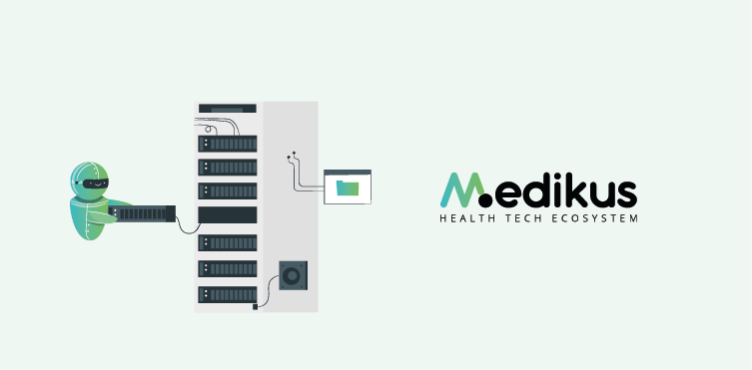- English, Technology and Health

Blockchain technology is transforming the way healthcare technology companies manage and share medical information, reduce costs and improve the efficiency of the healthcare system. According to Global Market Insights, the global market for blockchain technology in healthcare should reach $1.6 trillion by 2025, driven by increasing demand for medical data security and electronic medical record management solutions.
Here are some of the most promising applications of this technology in the healthcare sector:
Share medical information securely
Blockchain technology can help improve the security and privacy of health data, allowing patients to control who can access their health information. Blockchain technology can also enable the secure exchange of information between different healthcare systems and medical professionals. This can improve the quality of medical care, allowing health professionals access to accurate and up-to-date information.
Furthermore, this technology can help solve the interoperability problem, which occurs when different health systems cannot communicate or share information with each other. Blockchain technology can create a universal medical record that can be securely accessed by different healthcare professionals and healthcare systems, enhancing collaboration between different healthcare professionals and improving the quality of healthcare.
Medication management
This technology can also be used to manage the supply and distribution of medicines. With blockchain technology, it is possible to create an immutable digital record of all medicines from production to delivery to patients. This can help prevent counterfeit medicines and reduce the risks associated with the use of counterfeit medicines.
Additionally, blockchain technology can help monitor the drug supply chain, allowing patients and healthcare professionals to trace the origin of drugs and verify if they are authentic and safe for use.
Health payments
Reduce healthcare costs, allowing patients to access more efficient and personalized medical services. With blockchain technology, it is possible to create a token-based healthcare payment network, allowing patients to pay for medical services safely and efficiently. This can help reduce transaction costs and increase the efficiency of healthcare payments.
Furthermore, blockchain technology can help reduce the time and cost associated with processing health insurance claims, improving the efficiency of the health system as a whole.
Clinical trial data management
Blockchain technology can also be used to manage clinical trial data. With blockchain technology, it is possible to create an immutable digital record of all clinical trial data, allowing data to be shared securely and efficiently between different organizations.
In conclusion, blockchain technology has the potential to transform the way healthcare systems manage and share medical information, manage medicines and make healthcare payments, with this technology, it is.